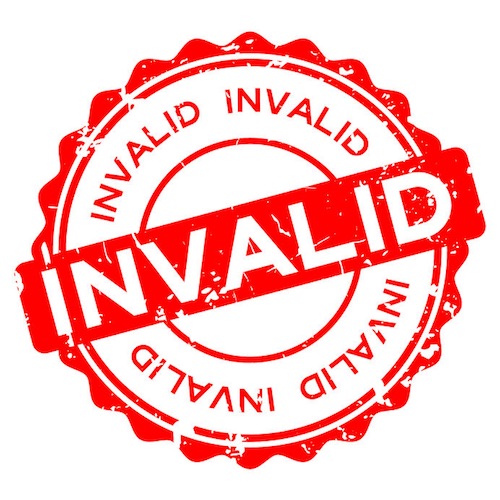This is from Rorate Carlisle:
Invalid baptism leads to an avalanche of invalid sacraments
A rogue "permanent deacon" in the Archdiocese of Detroit, Mark Springer, administered invalid baptisms for 13 years. One of them was to someone who would eventually be "ordained" a priest in 2017 -- only to learn he was never validly baptized himself.
 |
| Post-Vatican II vernacular baptism book |
To his credit, the priest -- Father Matthew Hood -- watched a video of his baptism and heard the word "We" instead of "I" used in the vernacular formula, "I baptize thee in the name of the Father and of the Son and of the Holy Ghost." According to a statement issued by the Archdiocese of Detroit today he immediately contacted the chancery. Hood was then validly baptized, and then all of his other sacraments had to be validly administered, since they required a valid baptism to be valid themselves.
That was the easy part.
Now the archdiocese must find every Catholic who received sacraments from Father Hood, as they were administered by a non-Catholic layman!
And, the archdiocese must do the same for all who thought they were baptized by Deacon Springer, as none of those poor people have received any valid sacraments themselves.
What a mess. The use of the vernacular in the Catholic Church's sacraments has yet again proven to be an absolute failure. It is yet another reminder of the importance of Summorum Pontificum, which grants permission to all clergy for the use 1962 books for all sacraments. In Latin.
One positive thing can be seen in this sacramental disaster: a priest and an archbishop (Allen Vigneron) did the right thing upon learning of the invalid baptism on video. How many priests -- and how many bishops -- would have looked the other way?
MY RANTING COMMENT:
One of the major, major, major problems with Vatican II’s ethos or spirit, is that so many bishops, and it has to be local bishops, do not demand their priests to say the black and do the red. Often they themselves lead the way in improvising on the vernacular.
Improvising on the vernacular is easy to do for one who knows his native tongue. And certainly narcissism and pride has led many people to think their version of the vernacular Mass is an improvement over the official version. How many priests or deacons have you heard improvise the vernacular thinking their version is superior?
Now, a deacon who say “we” baptize you instead of “I” baptize you leads to a poor young priest not being validly baptized, thus nullifying an other attempted sacraments he received to include Holy Orders.
How many babies did that deacon baptize? Was he ever reported to the bishop? Did the bishop ever intervene with the threat of suspension if the deacon did not do the red and read the black?
And yes, most priests and deacons cannot improvise on the Latin. Perhaps where the right words are necessary for validity of a sacrament, Latin should be mandated. Just a novel thought.

4 comments:
Speaking of illicit/invalid, you might want to get a copy of the current Baptism ritual. The one pictured is no longer in use.
Actually, the photo is from Rorate Caeli which I copy and pasted along with their article.
Unfortunately, in our diocese there is no Liturgy department to let priests know about developments in the liturgy. They are on their own, and sadly, not too many priests are into new developments. So I wonder how many of our priests have the new baptismal liturgy. I've been using it for months and found it somewhat difficult to use after more than 40 years of the older English translation. I was stumbling all over the place and looking at the words in the new book and the old words were still coming out of my mouth. But I am getting better and the new one is an improvement.
The new one is clunky, as are too many of the translations based on the rules laid down in Liturgiam Authenticam.
Fr McDonald
You might consider using the 1962 rite of baptism; the current rite is unsatisfactory in many respects. By then the vernacular was permitted, except for the exorcisms and the 'ego te baptizo'. By 1964 everything could be in the vernacular, and the translation (by Fr Philip Weller) is far from clunky.
Post a Comment